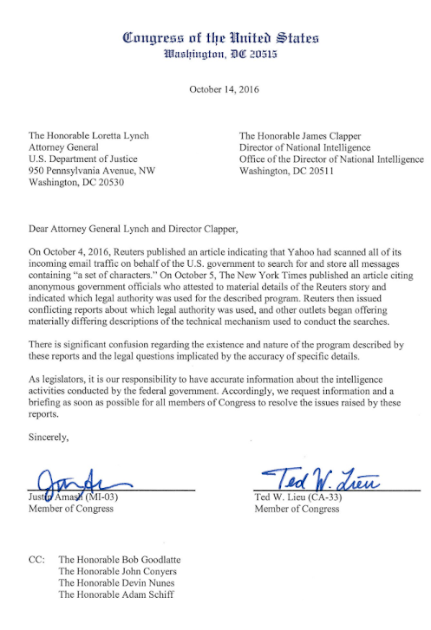Yahoo Plans "Smart Billboards" That Watch and Listen To You
by Gaius Publius
Those billboards in the movie Minority Report, the ones that watch you, listen as you speak, then address you by name? They're on the drawing board at Yahoo. You can look at this product as another form of "targeted marketing," like when the google sends ads your way based on the latest text in your gmail account. Or you can look at it as a way for a company to profile you as completely as possible when you move around in public — connecting your public behavior with all of your other stored behaviors — then do anything it wants with that information.
The Yahoo story was broken by Ethan Baron in the San Jose Mercury News. Here's his report (my emphasis):
Yahoo eyes billboard that can spy on drivers inside their carsThe tech site The Stack, in its own report on the project, appears to be quoting from Yahoo's product description when it includes this quote:
Yahoo, under fire over this week’s revelation that it helped the federal government spy on its users, has applied for two related patents describing a camera-equipped billboard that can spy on drivers.
The patent applications, submitted in March 2015 and made public by the U.S. Patent and Trademark Office on Thursday, describe a billboard that has sensors including cameras, microphones and even retina scanners built in or positioned nearby.
“Image or video data may be processed to determine whether any individuals looked directly at the advertising content (e.g., using image recognition and/or eye tracking techniques),” said the patent documents, which use much of the same language in describing the technology.
Verbal reactions by passersby could be collected via microphones. “Audio data captured by one or more microphones may be processed using speech recognition techniques to identify keywords relating to the advertising that are spoken by members of the audience,” the documents said. “Image data or motion/proximity sensor data may be processed to determine whether any members of the audience paused or slowed down near the advertising content, from which it may be inferred that the pause or slowing was in response to the advertising content.
‘Various types of data (e.g., cell tower data, mobile app location data, image data, etc.) can be used to identify specific individuals in an audience in position to view advertising content. Similarly, vehicle navigation/tracking data from vehicles equipped with such systems could be used to identify specific vehicles and/or vehicle owners. Demographic data (e.g., as obtained from a marketing or user database) for the audience can thus be determined for the purpose of, for example, determining whether and/or the degree to which the demographic profile of the audience corresponds to a target demographic.’So, a billboard that watches and listens inside every passing car to the best of its ability, then matches what it sees and hears with vehicle navigation and tracking systems (like Onstar?) — and certainly the DMV data, right? — as well as with "demographic data" from "marketing or user" databases. Welcome to ... what? A world in which you're always monitored, in which you're basically an extension of the state, if by the "state" we mean "the collective corporate-political super-entity that pretends to hold open elections from time to time, but regardless of that, can't ever be stopped or dismantled."
The concept of constant surveillance leading to near-perfect compliance on the part of the watched is not a new one. Jeremy Bentham designed a prison, called a Panopticon, this way:
The Panopticon is a type of institutional building designed by the English philosopher and social theorist Jeremy Bentham in the late 18th century. The concept of the design is to allow all (pan-) inmates of an institution to be observed (-opticon) by a single watchman without the inmates being able to tell whether or not they are being watched. Although it is physically impossible for the single watchman to observe all cells at once, the fact that the inmates cannot know when they are being watched means that all inmates must act as though they are watched at all times, effectively controlling their own behaviour constantly. The name is also a reference to Panoptes from Greek mythology; he was a giant with a hundred eyes and thus was known to be a very effective watchman. ..."Panopticon" means "all-seeing." You can see an image of his Panopticon prison here.
Bentham himself described the Panopticon as "a new mode of obtaining power of mind over mind, in a quantity hitherto without example."[1] Elsewhere, in a letter, he described the Panopticon prison as "a mill for grinding rogues honest".[2]
Another tool for the all-seeing state? And note, once Yahoo or whoever builds it, you know who will find a use for it. After all, the people at Yahoo did this:
Reuters reported last week, citing sources, that Yahoo last year secretly built a custom software program to search all of its customers' incoming emails for specific information provided by U.S. intelligence officials, a move that raised a lot of human rights concerns.Why would anyone think the folks at Yahoo wouldn't do this again, just more surreptitiously?
A brave new world indeed, that has such people in it.
GP
Labels: domestic spying, Gaius Publius, Yahoo














